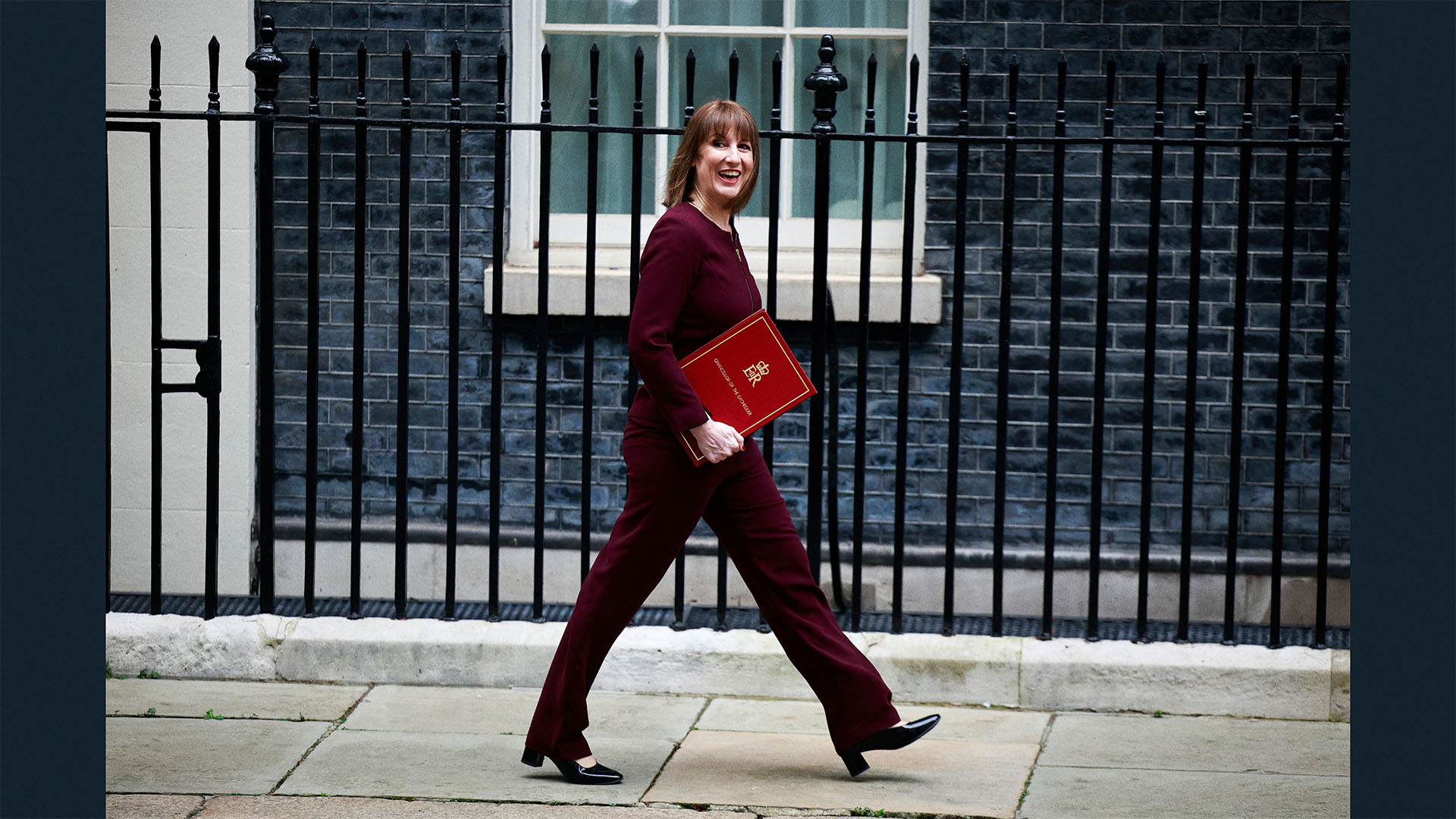No alarms and no surprises. Nothing to see here, nothing to freak out about. Rachel Reeves aimed to bland her critics into submission at Wednesday’s spring statement. For now, she might have got away with it.
If a chancellor is not brimming with positive news or big ideas, the best they can hope for is that whatever they are announcing is viewed as somewhat dull. This Reeves seems to have managed, even though the welfare cuts she has used to balance the books are far from dull if you are one of the recipients who will now lose out.
The Tory Party did its best to say that everything was not calm, that Britain was in crisis. But once again, their best was not nearly good enough.
Despite Conservatives pushing a pre-prepared line that the chancellor had been dragged into “an emergency budget”, it was clearly nothing of the sort. There was not a single tax rise in this statement, just some spending announcements, news of further savings and details of more money to be raised from tax evaders.
Given that since the budget the government has lost some £15 billion because of lower growth, tax receipts and higher spending, it was quite an achievement for Reeves to bore us. In part, she was able to exude relative calm because the cuts to welfare already announced seem to have done enough to satisfy the Office for Budget Responsibility that the government will still hit its borrowing targets by 2030, even if the margin for error is worryingly narrow.
It rather suggests the media had been misled into thinking the OBR had demanded much larger spending cuts so that on the day, Reeves’s picture could look a bit cheerier than expected. Also positive was that even though the growth rate this year has been downgraded and is now expected to be just 1% and not the previously predicted 2%, growth in coming years is now thought to be higher.
The OBR seems to buy into what Reeves is telling them – that Labour’s reforms to the planning system will bear fruit and increase the growth rate, while extra defence spending will do no harm at all and more money for HMRC to chase tax dodgers will bring in another £1 billion.
Yet there is still plenty to worry about, and no big plan to fix it. Future growth rates still look unimpressive. Just 1% this year, 1.9% in 2026, then 1.8%, 1.7% and finally 1.8% in 2029.
Reeves knows that she really needs sustained growth nearer to 3% to get us out of the mess the Tories have left, and there is little sign of that happening this decade, or any time after that, unless she does something big – like taking Britain back into the single market.
The consequence is that much will now depend on the upcoming spending review. The chancellor thinks civil service “reforms”, improving government efficiency and cutting government running costs by 15%, are achievable. But the government will also have to find savings in other departments. After 14 years of austerity, this is asking a great deal.
Much will depend on whether it is achievable and what new blows the economy may suffer. There is a limit to how much sticking plaster the chancellor can use to patch up the British economy. After a while, you have to admit that first aid is not going to work, and radical surgery is necessary.
It still feels like something has to give. We are living beyond our means and yet have far more to do in the coming years. An ageing population alone makes that inevitable and higher defence spending on top of that is a huge burden for the country and the government’s finances.
We have no idea how much deliberate damage to the world and British economies Trump will deliver and we are making baby steps in our attempt to improve trade with the EU.
Higher taxes may well be necessary before long. But today Rachel Reeves stuck to her guns and balanced the books – for now.












